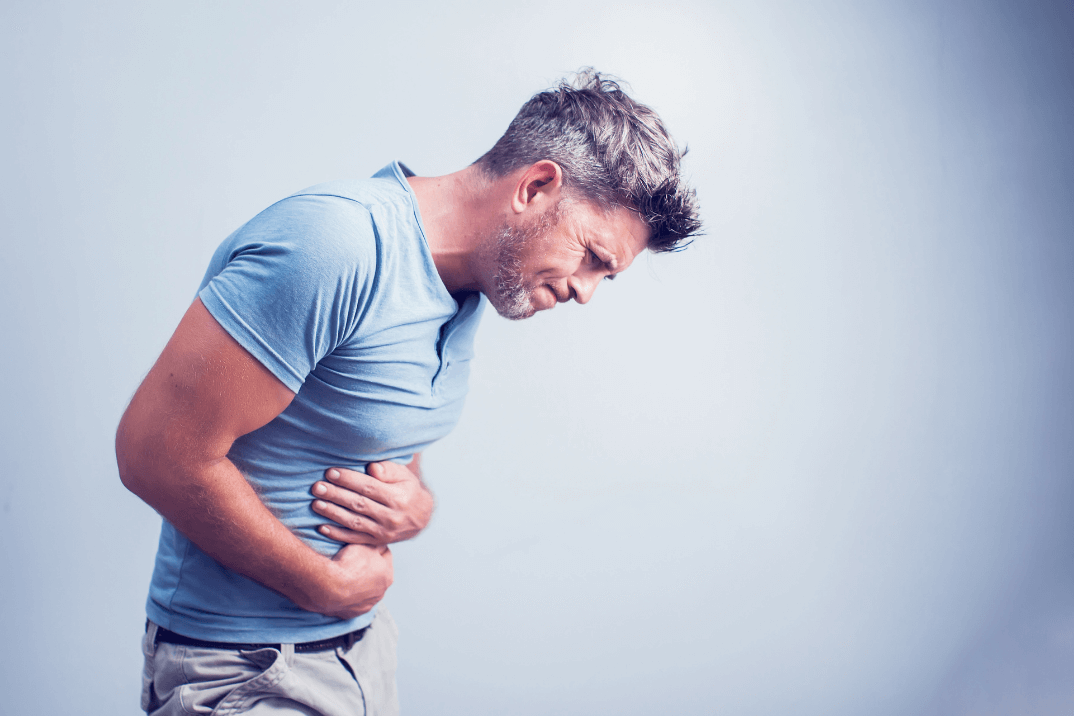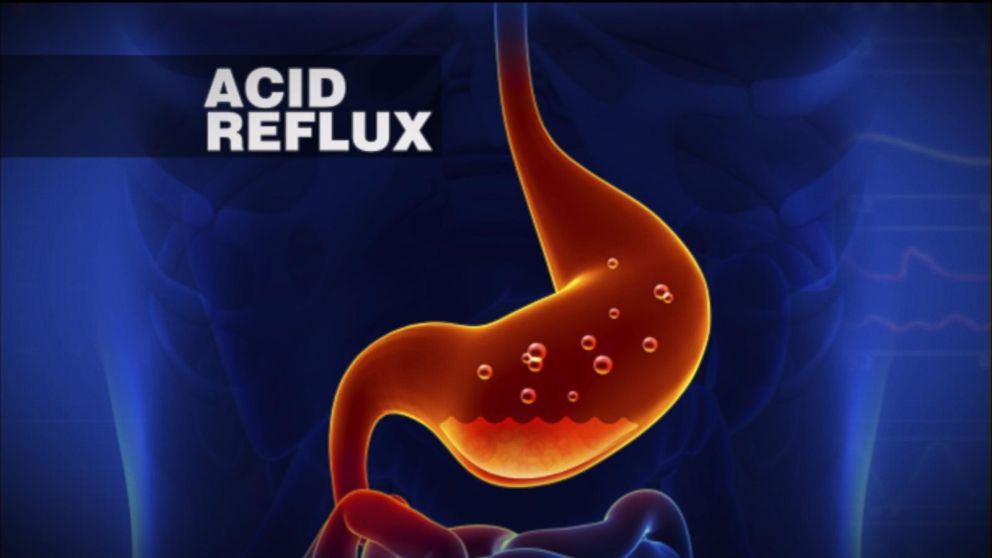Early Symptoms of Stomach Cancer
Early Symptoms of Stomach Cancer

1.Discomfort or Pain in the Upper Abdomen
Persistent discomfort or mild pain in the upper abdomen, especially noticeable after meals. The pain may start intermittently and become more frequent and severe as the condition progresses. In cases of tumors in the gastric antrum, the pain may follow a pattern and be noticeably relieved after eating or taking medication.
2.Loss of Appetite
Early-stage stomach cancer patients often experience a decrease in appetite and may develop aversions to food. This unexplained loss of appetite can lead to a lack of interest in eating, progressing to outright anorexia.
3.Early Satiety
Early satiety refers to feeling full despite having a sensation of hunger. Even with small amounts of food, a person may feel excessively full and bloated. If feelings of bloating and fullness persist for over 30 minutes after eating, or if minimal food intake causes significant abdominal bloating and a feeling of fullness, it may indicate reduced gastric expansion and digestive function. This is common in severe stomach conditions like chronic atrophic gastritis and early-stage stomach cancer.
4.Unexplained Weight Loss and Fatigue
Cancer cells, as they grow, require substantial nutrients and energy, often leading to unintended weight loss. If a person experiences significant weight loss, especially in the absence of intentional dieting, and fatigue, it may raise concerns about cancer, including stomach cancer.

5.Nausea, Acid Reflux, and Vomiting
Although these symptoms can also occur in other gastrointestinal disorders, they may be more pronounced in stomach cancer. If a tumor is located in the pylorus, frequent nausea may occur. Tumors at the stomach's exit may cause sour or foul-smelling belching, along with vomiting, often containing undigested food and stomach fluid.
6.Black Stool
This could indicate upper gastrointestinal bleeding caused by the invasion of tumors into the stomach lining. The stool may resemble shiny, black tar. It's essential to note that certain foods or medications can also change stool color. If black stools or signs of bleeding are observed without the consumption of relevant substances, prompt endoscopic examination is recommended to rule out potential issues. Early detection is crucial for timely intervention.




